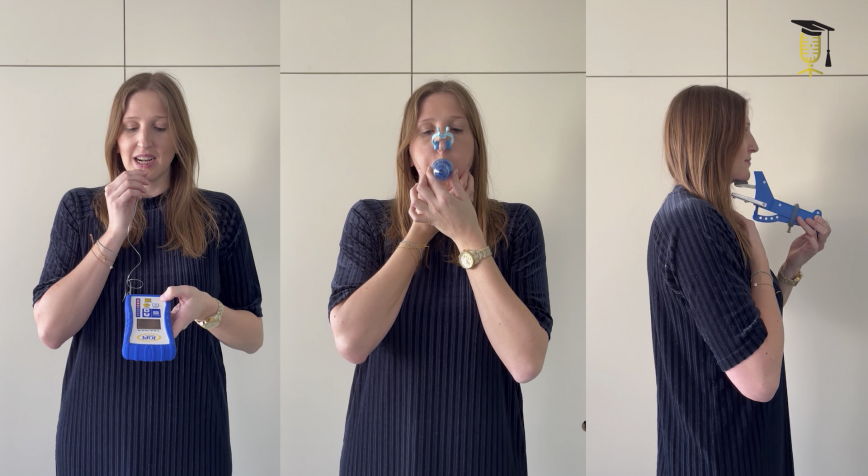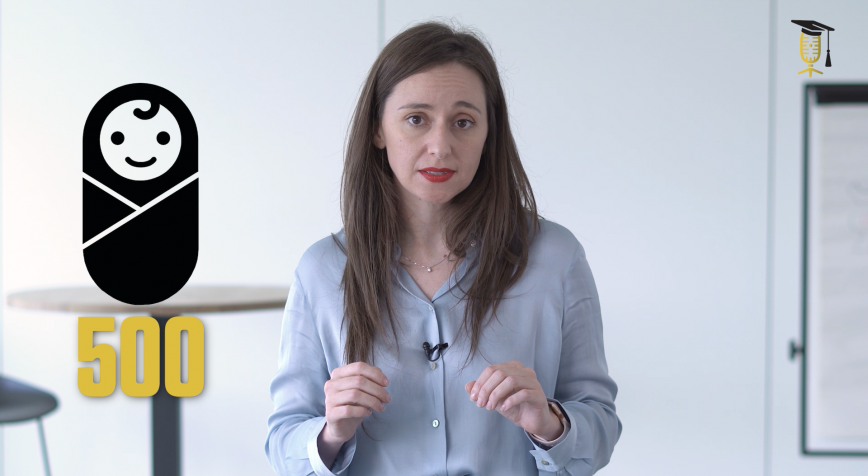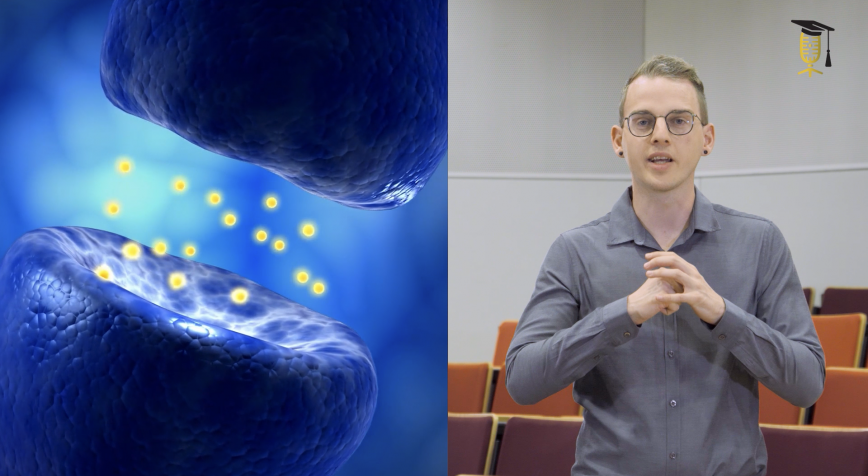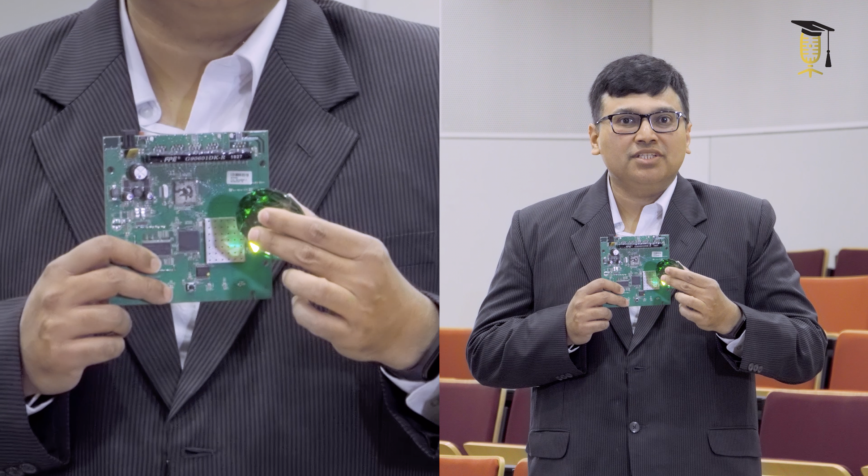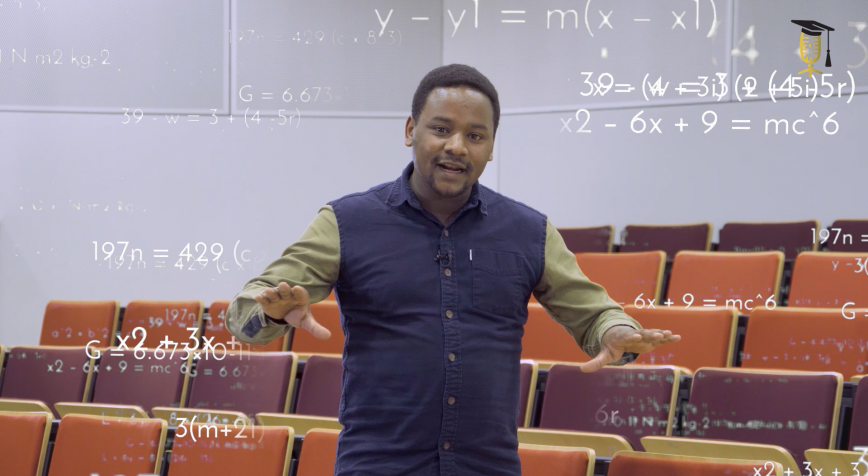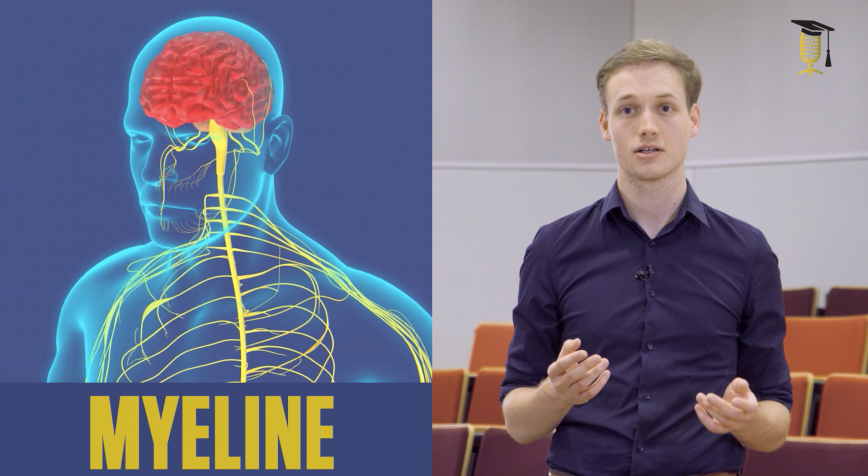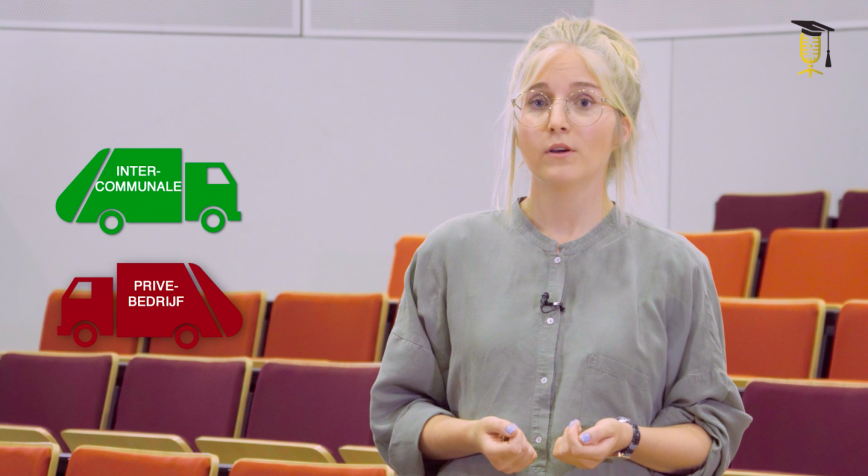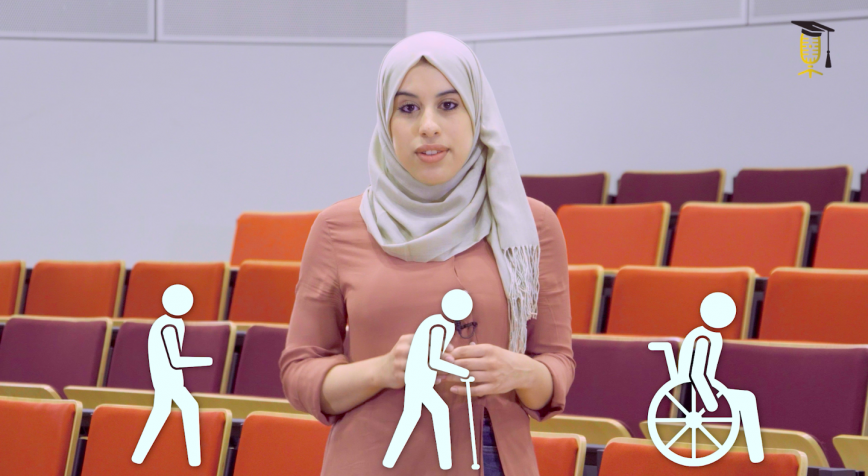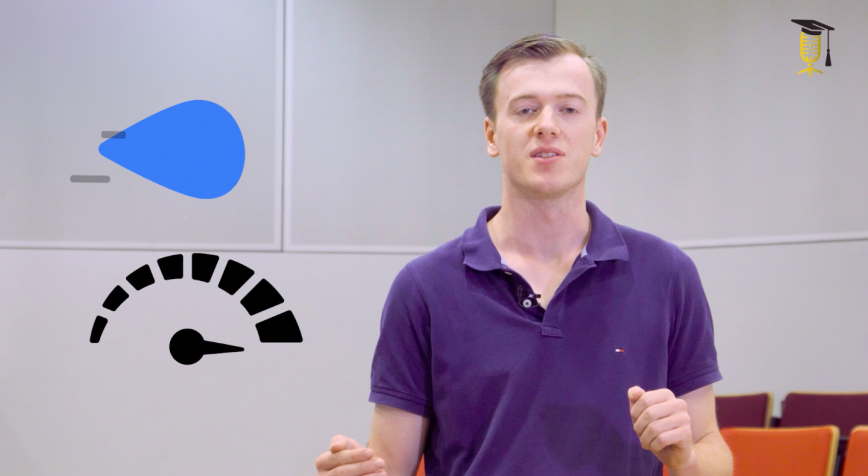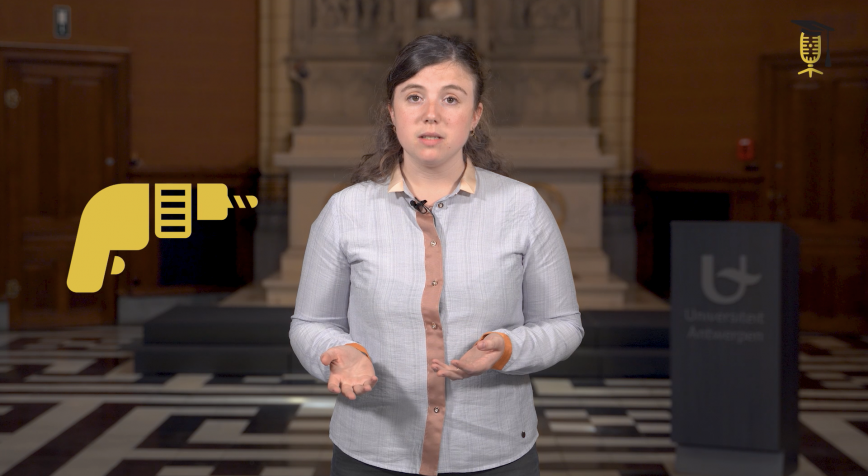
UAntwerpen
Why we should look for tinnitus in the brain
Imagine constantly hearing a ringing bell, a jackhammer, or that awful beep of the old television test screen in your head. That's what people with tinnitus experience. At the UZA they want to treat people with tinnitus better. For too long the cause was sought in the ear, without looking at the crucial motor that controls all our perceptions: the brain. Emilie Cardon (UAntwerpen) explains why we have to look for tinnitus there.
